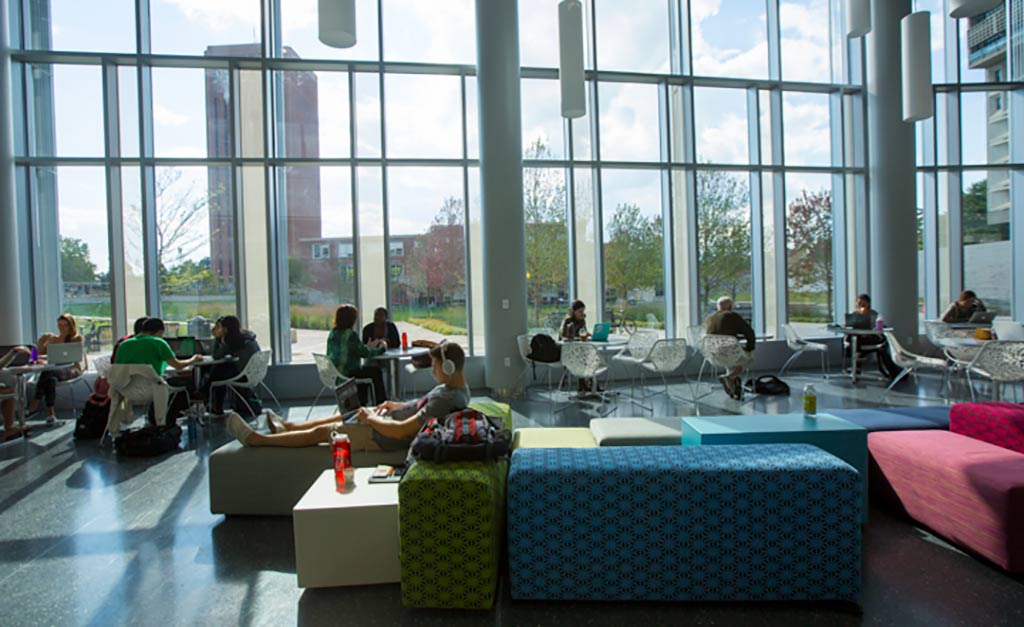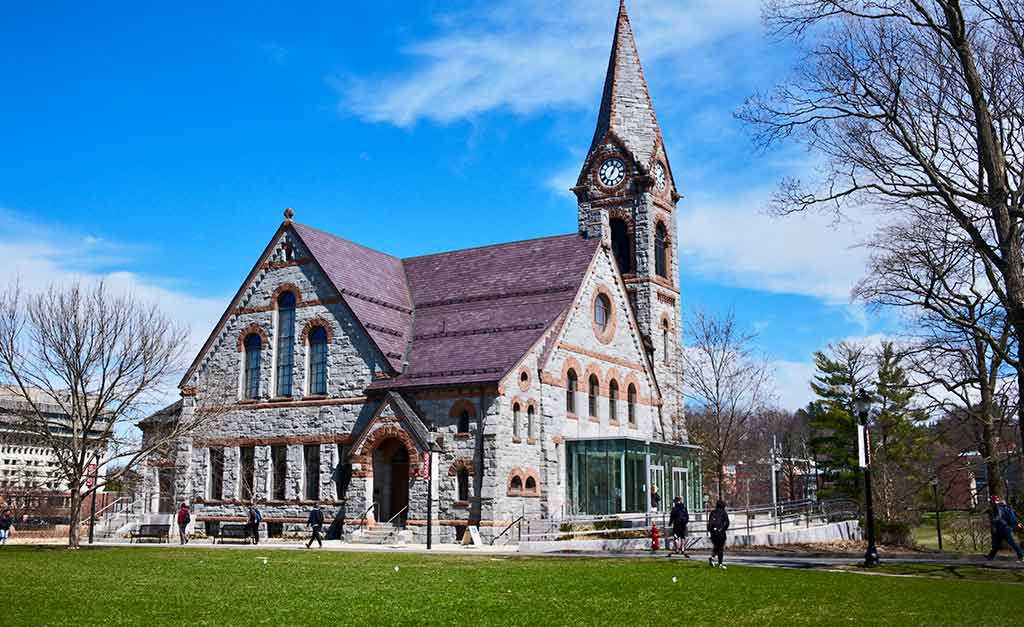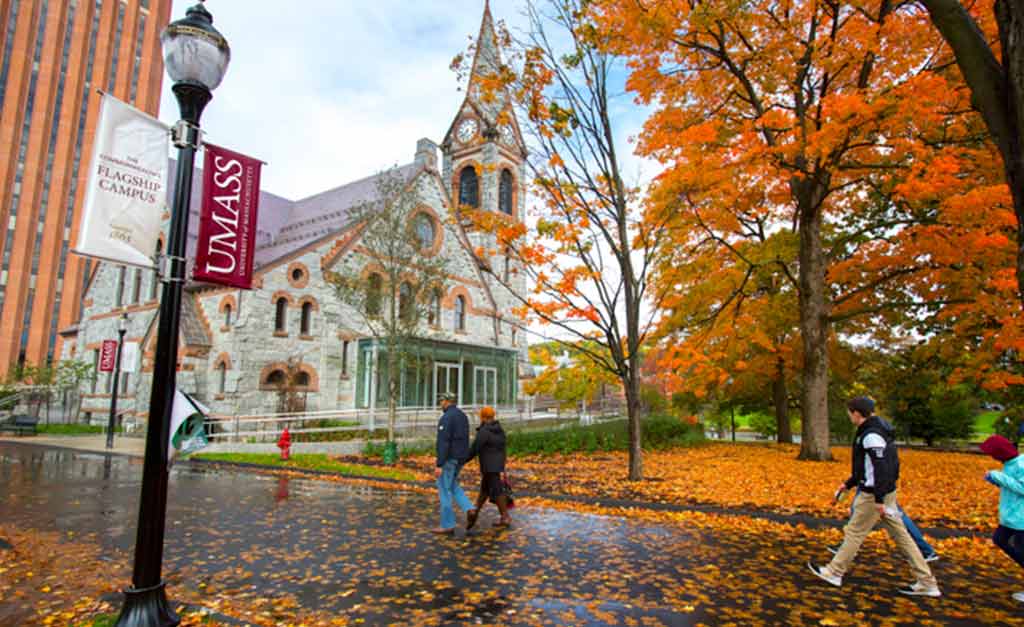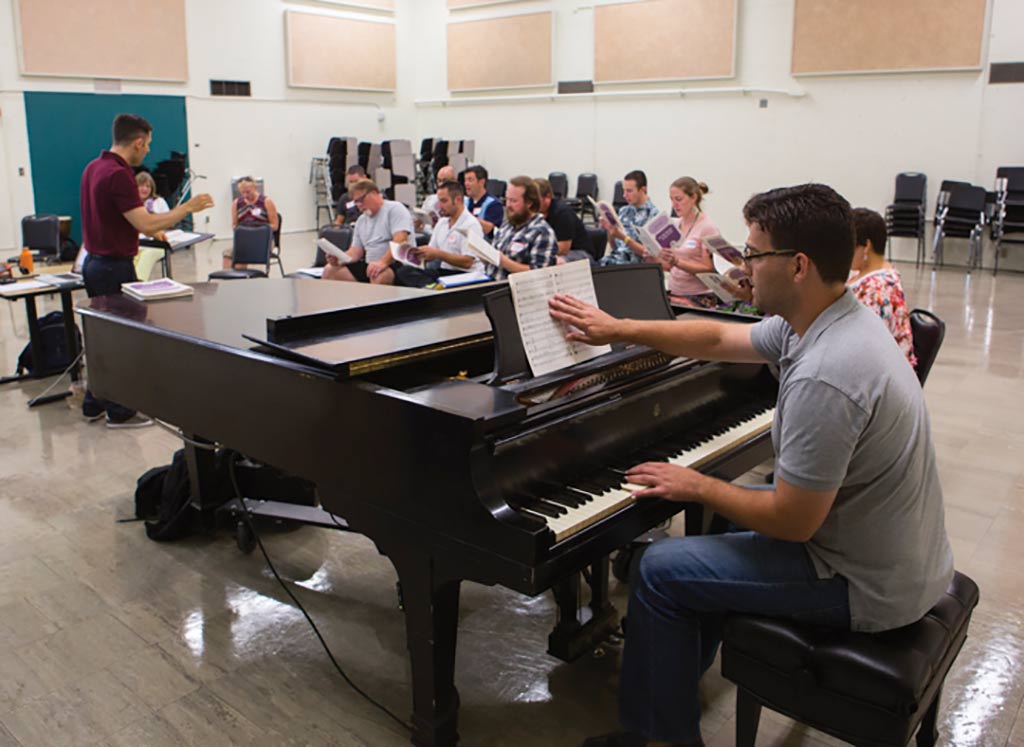The accessibility of higher education for individuals over 25 in Massachusetts is a topic of considerable significance, shaped by various financial aid programs, scholarships, and initiatives.
While the state doesn’t universally provide free college for this demographic, there are avenues and resources that can significantly alleviate the financial burden of pursuing education later in life.
In examining whether college is free for individuals over 25 in Massachusetts, it becomes crucial to explore the diverse opportunities and support systems in place, acknowledging the evolving landscape of educational affordability.
Is College Free For People Over 25 In Massachusetts?
The answer is yes. College is free for people over 25 in Massachusetts who do not already have a college degree. This is a new program launched by Governor Maura Healey in August 2023 called MassReconnect.
MassReconnect covers all costs related to tuition, fees, books, and supplies for eligible students who enroll in a certificate or degree program at any of the 15 public community colleges in the state.
Who Can Have Free College In Massachusetts?
Massachusetts offers various avenues for individuals to access affordable or free college education, reflecting its commitment to making higher learning accessible.
While not everyone qualifies for entirely free tuition, several groups benefit from targeted programs and initiatives, aligning with the state’s dedication to education.
Low-Income Students

Massachusetts prioritizes accessibility for low-income students through financial aid programs, grants, and scholarships.
These resources aim to alleviate the financial burden of tuition, ensuring that economic circumstances do not hinder individuals from pursuing higher education.
Community College Students
The state has initiatives to provide free or reduced-cost education at community colleges. Programs like the Commonwealth Commitment offer a pathway for eligible students to complete their associate degree with minimal or no tuition costs, facilitating an affordable start to their college journey.
Adult Learners Returning to College
Adult learners seeking to return to college can explore specific programs and scholarships designed to support their educational pursuits.
Massachusetts recognizes the value of lifelong learning and offers opportunities for older individuals to access financial aid and resources tailored to their needs.
Certain Veterans and Military Personnel

Veterans and active-duty military personnel may benefit from tuition assistance programs and GI Bill benefits.
These initiatives aim to ease the financial burden for those who have served the country, ensuring that they can pursue higher education and transition into civilian careers.
Participants in Workforce Development Programs
Massachusetts acknowledges the importance of workforce development and offers programs that may include tuition support for participants.
These initiatives are designed to enhance the skills of individuals entering or re-entering the workforce, promoting economic growth and individual success.
While free college is not universal, Massachusetts strives to create opportunities for diverse groups, recognizing the value of education in personal and societal advancement.
These targeted initiatives reflect the state’s commitment to fostering an inclusive and accessible higher education landscape.
What Is The Average Cost For College In Massachusetts?

Understanding the average cost of college in Massachusetts involves considering various factors, including tuition, fees, room and board, and additional expenses.
Here are seven situations outlining the average costs for college education in the state:
Public Two-Year College (Community College)
On average, tuition and fees for in-state students attending a public community college in Massachusetts are approximately $4,000 annually. This option provides a more affordable entry point for those seeking higher education.
Public Four-Year College (In-State)
In-state students attending a public four-year college in Massachusetts can expect an average cost of around $12,000 to $15,000 per year for tuition and fees. This option offers a balance between affordability and a traditional four-year college experience.
Public Four-Year College (Out-of-State)

Out-of-state students attending a public four-year college in Massachusetts typically face higher costs, averaging around $30,000 to $35,000 per year for tuition and fees. Out-of-state students may explore residency requirements or seek scholarships to mitigate these expenses.
Private Four-Year College
Private four-year colleges in Massachusetts have higher tuition and fees, averaging around $45,000 to $50,000 per year.
However, these institutions often provide financial aid and scholarships to offset costs, making them more accessible to a broader range of students.
Room and Board (On-Campus)
The average cost for room and board on campus is approximately $12,000 to $15,000 per year. This includes accommodation and meal plans, contributing to the overall expenses for students living on campus.
Room and Board (Off-Campus)
Students living off-campus may incur varying costs for housing and meals. On average, these expenses range from $10,000 to $12,000 per year, depending on factors such as location and lifestyle choices.
Additional Expenses
Beyond tuition, fees, and housing, students should consider additional expenses for textbooks, supplies, transportation, and personal needs.
These costs can amount to approximately $3,000 to $4,000 per year, contributing to the overall financial considerations for college.
While these averages provide a general overview, it’s crucial for students and their families to research specific institutions, programs, and financial aid opportunities to obtain accurate and personalized estimates for the cost of college in Massachusetts.
FAQs
Are there specific scholarships for individuals returning to college later in life?
Yes, Massachusetts offers scholarships and grants tailored for adult learners. These programs aim to support individuals over 25 who are returning to college, helping them afford tuition and related expenses.
Can adults over 25 access financial aid for college in Massachusetts?
Absolutely. Massachusetts adult learners can apply for federal and state financial aid programs, including grants and loans, to help cover college education costs.
Are there age restrictions for applying for financial aid in Massachusetts?
No, there are generally no age restrictions for applying for financial aid in Massachusetts. Adults over 25 can apply for various aid programs to support their college education.
What types of financial aid are available for older students in Massachusetts?
Older students in Massachusetts can access grants, scholarships, federal Pell Grants, and student loans to help finance their college education. These resources cater to a range of financial needs.
Are there state programs specifically designed for adult learners in Massachusetts?
Yes, Massachusetts has initiatives and state-funded programs aimed at supporting adult learners. These programs are designed to address the unique challenges and financial needs of individuals over 25 returning to college.
Conclusion
While Massachusetts does not have a blanket provision for free college education for individuals over 25, there are pathways to make higher education more attainable.
Financial aid programs, scholarships, and community initiatives create a more inclusive educational landscape.
As the importance of lifelong learning grows, individuals over 25 can explore these avenues to pursue higher education, recognizing that the state’s commitment to accessible education extends beyond traditional age boundaries.
The evolving nature of educational policies underscores the importance of staying informed about available opportunities for adult learners in Massachusetts.
Jaclyn Lowe